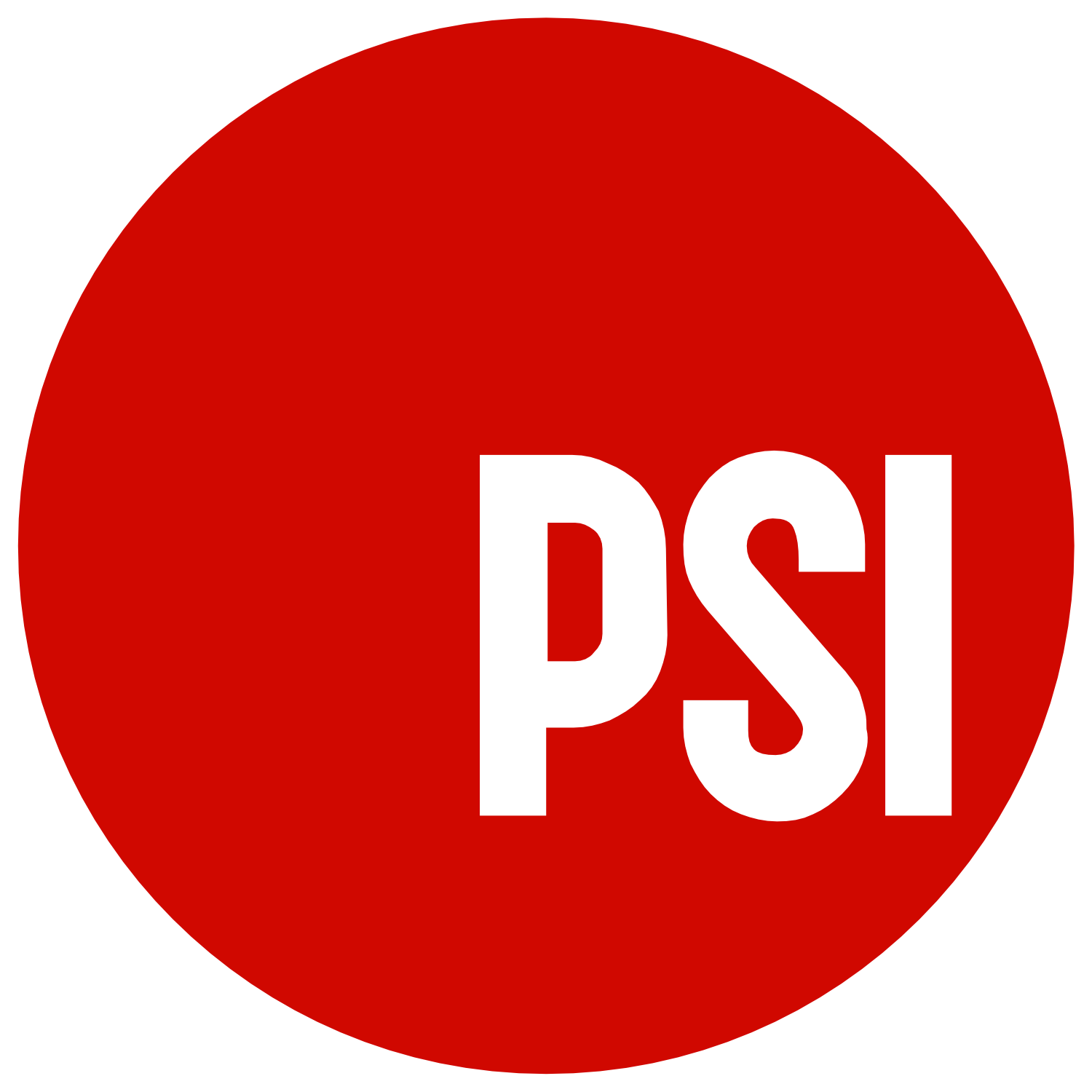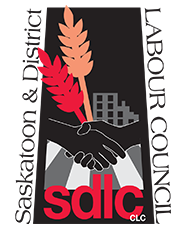Sask Party government’s liquor and cannabis privatization plan results in millions in lost revenue
March 27, 2019
Despite repeated claims by the Sask Party government that its march toward liquor privatization would not see the public lose any money, public revenues from the Saskatchewan Liquor and Gaming Authority (SLGA) are forecast to be $15 million lower in 2019/20 compared to two years ago.
Since 2016, SGEU has repeatedly asked the Sask Party government for evidence that privatizing liquor stores would not drain millions in revenue from the province. SGEU has also asked for an independent review of the financial implications of their liquor privatization plan, or information from the Sask Party’s own financial analysis, only to receive blacked-out documents.
“We have known since 2016 that this government’s plan for liquor sales would result in lost revenue for the province, but they have just kept repeating the same unsubstantiated claim that somehow this would all be revenue neutral,” said Bob Stadnichuk, Chair of SGEU’s Retail/Regulatory Bargaining Committee.
“We see now this was all just another one of the Sask Party’s many lies to suit their ideologically-driven model of privatization, which only benefits their friends in big business and not the people of Saskatchewan,” Stadnichuk added.
Since 2016, the Sask Party government has closed 39 public stores and has also lowered the wholesale price for the private sector, resulting in losses of millions for the people of Saskatchewan.
“We have pointed out for years that liquor privatization makes no financial sense. People lost their jobs, and communities continue to suffer. Now we are seeing millions in lost revenue that once helped pay for vital public services, such as highways, schools and hospitals,” said Stadnichuk.
The Sask Party government has also squandered an opportunity to receive millions extra in revenue with the legalization of cannabis.
Saskatchewan was the only province in Canada to make the private sector responsible for both wholesaling and retailing of cannabis. All other provinces made public agencies responsible for the wholesaling side of the business, and all but Manitoba have a publicly-owned retailer that sells cannabis in-store, online, or both.
The benefits of direct public ownership in the cannabis industry are becoming clear: New Brunswick, with only 65 per cent of Saskatchewan’s population, expects to bring in roughly $10 million in revenue from cannabis taxes and retailing profits this year. Saskatchewan is will only see half of that, all of it from taxes.
“Despite the Saskatchewan public favouring government-run cannabis retailing and wholesaling, the Sask Party government forged ahead with privatization and once again offered no proof that its privatized model was in the best interests of Saskatchewan people.
“It’s another lost opportunity by this government and a poor decision by SLGA Minister Gene Makowsky. The only thing this government seems to be good at is losing millions upon millions that could be used for public services, such as education or social programs,” said Stadnichuk.
SGEU is calling on the Sask Party government to commission and release a full, independent financial analysis of its policies towards the sale of liquor and cannabis.
- 30 -
For more information contact:
Colin McGarrigle
Communications Officer
306-775-7866 office
306-551-5165 cell





